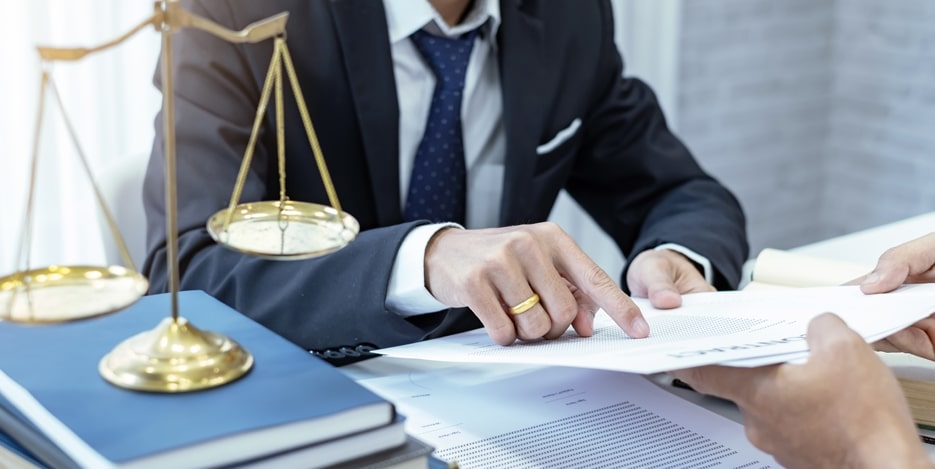Protecting innocent individuals is a priority in criminal justice. False convictions deprive innocent people of their freedom while also undermining the integrity of our justice system. Lawyers who represent the rights of their clients diligently are critical in preventing wrongful convictions. The prosecution’s case is challenged, and the truth is sought.
Upholding a fundamental principle
Criminal defense lawyers embrace and uphold the principle of the presumption of innocence. Until proven guilty beyond a reasonable doubt, their clients are innocent. By emphasizing this presumption, defense lawyers set the stage for a fair trial and prevent wrongful convictions based on unsubstantiated allegations. Criminal defense lawyers are staunch protectors of their client’s constitutional rights. They ensure that due process is followed, guaranteeing fair treatment throughout the legal proceedings.
Thorough case investigation
Criminal defense lawyers conduct thorough investigations into their clients’ cases. They scrutinize the evidence, review police reports, interview witnesses, and engage experts when necessary. skilled defence lawyer in toronto examine the details of the case to detect any inconsistencies, biases, or exonerating evidence that may threaten the prosecution’s case. They critically analyze the evidence presented, challenge witness testimonies, question the credibility of expert opinions, and expose any weaknesses or inconsistencies. By raising reasonable doubt, defense lawyers cast uncertainty on the prosecution’s narrative, preventing convictions based on weak or unreliable evidence.
Providing specialized knowledge
Criminal defense lawyers often rely on expert witnesses to provide specialized knowledge in fields such as forensics, DNA analysis, psychology, or medicine. These experts help uncover and present scientific, technical, or professional evidence that challenges the prosecution’s case. By utilizing expert witnesses, defense lawyers present alternative explanations and cast doubt on the prosecution’s theories, further protecting the innocent from wrongful convictions. During the trial, defense lawyers employ strategic cross-examination techniques to expose inconsistencies and bias in witness testimonies. They meticulously question witnesses to challenge their credibility, reveal potential ulterior motives, and highlight any discrepancies in their statements. By effectively cross-examining witnesses, defense lawyers undermine the prosecution’s case and prevent wrongful convictions based on unreliable testimony.
Navigating the complexities of the law
Criminal defense lawyers possess extensive knowledge of criminal law and procedure. Legal experts understand the intricacies of the legal system, including constitutional principles and evidentiary rules. This expertise enables defense lawyers to identify potential legal errors, procedural flaws, or constitutional violations that contribute to wrongful convictions. By leveraging their legal knowledge, defense lawyers navigate the complexities of the law to protect the innocent. Criminal defense lawyers often collaborate with other professionals, such as investigators, forensic experts, or experts in specific fields relevant to the case. By harnessing collective expertise and resources, defense lawyers strengthen their defense strategies and enhance their ability to prevent wrongful convictions. Collaboration allows defense lawyers to present a robust defense and challenge the prosecution’s case effectively.

